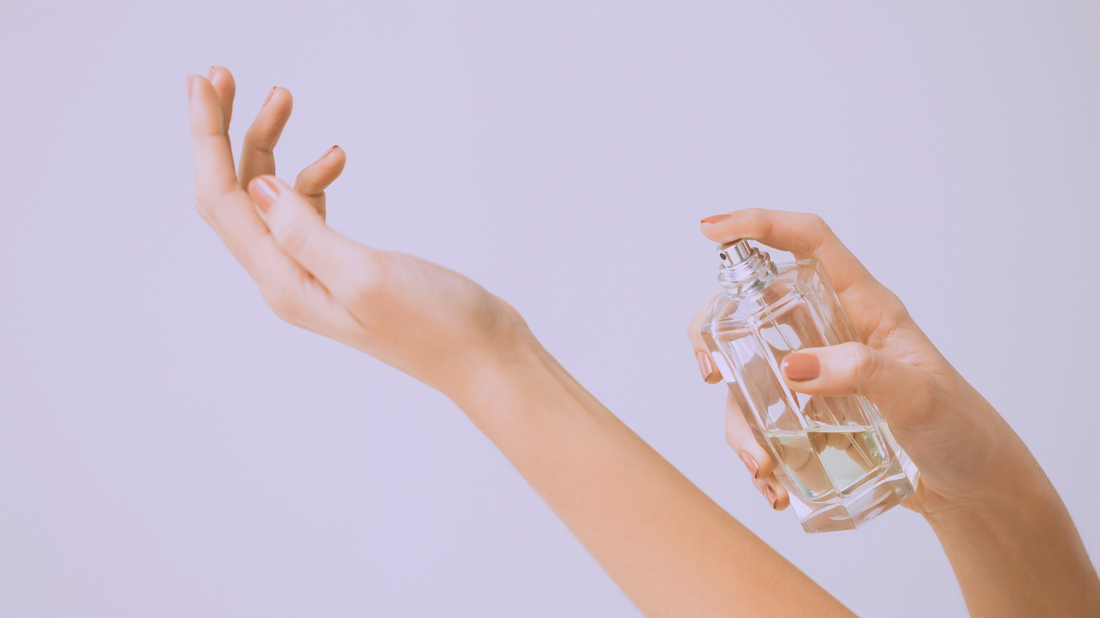Perfume
Perfume is a mixture of fragrance oils, water and alcohol. Perfume is categorized according to the concentration of fragrance oils in the mixture i.e. it is categorized according to the ratio of fragrance oils, water and alcohol in the perfume mixture. Perfumes with higher concentrations of fragrance oils will have a stronger scent and last longer.
The difference in concentration and its lasting power:
- Eau fraiche – The most diluted version of fragrance, usually with 1 - 3 percent perfume oil in alcohol and water. Usually lasts for less than an hour.
- Cologne (eau de cologne) – Oldest term for perfume, used in North America for masculine scents. Light, fresh and fruity, typically composed of 3 - 4 percent perfume oils in alcohol and water. Tend to be used in fragrances for younger people. Usually lasts for about two hours.
- Toilette (eau de toilette) – A light spray composition with 5 - 15 percent pure perfume essence dissolved in alcohol. Usually lasts for about three hours.
- Perfume (eau de parfum) – Historically genderless, used to describe both men’s and women’s fragrances. The best term used to describe a fragrance. Contains 15 – 20 percent pure perfume essence and lasts for about five to eight hours.
- Perfume – A corruption of the Latin phrase per fumum (through smoke). The most concentrated and expensive of all fragrance options. Slightly oilier, perfume, or parfum, is composed of 20 - 30 percent pure perfume essence. A single application of perfume can last up to 24 hours.
There are many difference perfumes, from strength and ingredients to price, intensity, and staying power. Perfumes tend to be more luxurious, long-lasting, and expensive, while colognes are more affordable, subtle, and best suited for everyday use. Regardless of which type you prefer, it is important to choose a fragrance that you will enjoy and connect with.
